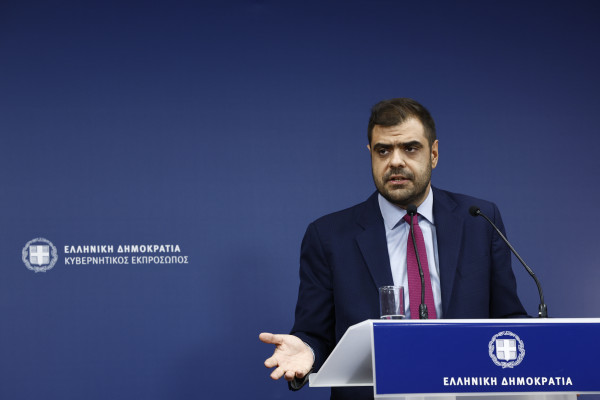The Greek government is implementing significant reforms to facilitate donations to the public sector, aiming to remove bureaucratic barriers that have long discouraged potential donors. These changes are designed to make public donations more accessible and transparent, fostering trust in the system and ensuring that social and developmental needs are met more efficiently.
A key element of the new framework is the establishment of the National Registry of Benefactors and Donors, an electronic platform that streamlines and simplifies the donation process. By eliminating multiple approval stages, the new system allows donations to be accepted directly by recipient institutions without requiring intervention from the Ministry of National Economy and Finance. This approach also enhances transparency, as public sector needs will be clearly listed on the platform, enabling potential donors to identify specific areas that require support.
To further assist donors, the platform will offer comprehensive support, including standardized contracts for goods, services, and projects, ensuring a smoother and faster legal process. New legal provisions will also regulate monetary donations earmarked for particular procurements or projects, while donors covering at least 75 percent of a project’s cost will have the right to select the contractor, reducing delays and inefficiencies.
Transparency measures are also being reinforced. Donors will have the option of public recognition, but commercial promotion of donated products will be prohibited. At the end of each year, an official report will be published listing donations and benefactors, except in cases where confidentiality is required, such as donations to the Ministry of National Defense. Additionally, oversight will be strengthened through continuous monitoring by the Anti-Money Laundering Authority, which will have full access to donation data. Donations exceeding 500,000 euros will be automatically tracked to prevent illicit financial activity.
Taxation reforms form a critical part of this initiative. A gradual abolition of the 22 percent income tax for foundations and bequests registered as active in the public registry will be introduced. By 2026, the tax will be reduced by half, and by 2027, it will be eliminated entirely. In addition, the 0.5 percent donation tax on charitable contributions will be scrapped, improving the financial sustainability of philanthropic foundations. The deductibility of donations for corporate donors is also being expanded. Previously, only donations to the public sector were tax-deductible, but the new regulations will extend this benefit to donations made to public-law entities and foundations.
Another major change concerns the application of Value-Added Tax (VAT) on donations. Under the revised system, VAT exemptions will be granted automatically upon signing a donation contract, eliminating the need for prior approval from the Minister of National Economy and Finance. This will significantly reduce bureaucratic delays that previously hindered the donation process.
The new legislation also introduces stricter governance rules for foundations to prevent conflicts of interest and financial misconduct. Foundations will be prohibited from entering contracts with their administrators, asset managers, or immediate relatives unless explicitly permitted by the foundation’s charter. Authorities will also introduce new criteria to identify potential tax evasion risks, such as excessive administrative expenses or the use of luxury assets by founders and their relatives.
The impact of these reforms is expected to be significant. Previously, donating medical equipment such as a CT scanner to a public hospital required multiple approvals from various government agencies, often delaying delivery for over a year. Under the new system, hospitals can approve donations directly, and donors covering at least 75 percent of the cost can select the supplier, reducing waiting times from years to just a few weeks. Similarly, donors wishing to fund the renovation of school buildings previously faced prolonged delays due to complex approval processes and mandatory competitive bidding for contractors. Now, projects can begin within months instead of years, with donors having greater control over implementation.
The tax relief measures will also have tangible effects. A foundation with an annual income of 100,000 euros from rent and investments previously paid 22,000 euros in income tax. With the new policy, this tax will be halved in 2026 and abolished entirely in 2027, allowing foundations to allocate more resources to their charitable missions. The abolition of the donation tax will also be beneficial. A citizen who donates 1 million euros to a foundation will no longer have to pay the previous 5,000-euro tax, ensuring that the full donation amount reaches its intended purpose.
Corporate donors will also benefit from the extended tax deductibility provisions. Previously, a company that donated 50,000 euros to the public sector could deduct the full amount from its taxable income, but the same deduction did not apply to donations to charitable foundations. Under the new policy, tax deductions will apply regardless of the recipient, making corporate philanthropy more attractive. Additionally, VAT exemptions on donated goods will now be granted automatically, eliminating the previous requirement for approval from the Ministry of Finance and reducing administrative delays.






























